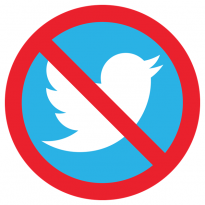 Twitter suspended the accounts of several high-profile leaders of the so-called alternative right last month, raising new questions about the largely online movement’s potential for influencing national debate. While the suspensions could damage the movement by limiting its ability to spread its ideology, others believe it could make the alt-right stronger by feeding into its narrative of liberal censorship and the death of free speech. Others point out that it takes more than suspending social media accounts to stop a movement. “Not knowing about negative behavior online doesn’t make that behavior any better,” says Nicole Ellison, a professor of information who studies social media. “It doesn’t solve the problem in an enduring way.”
Twitter suspended the accounts of several high-profile leaders of the so-called alternative right last month, raising new questions about the largely online movement’s potential for influencing national debate. While the suspensions could damage the movement by limiting its ability to spread its ideology, others believe it could make the alt-right stronger by feeding into its narrative of liberal censorship and the death of free speech. Others point out that it takes more than suspending social media accounts to stop a movement. “Not knowing about negative behavior online doesn’t make that behavior any better,” says Nicole Ellison, a professor of information who studies social media. “It doesn’t solve the problem in an enduring way.”
Iconic One Pro Theme | Powered by Wordpress
